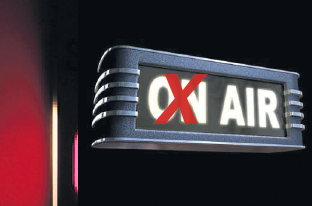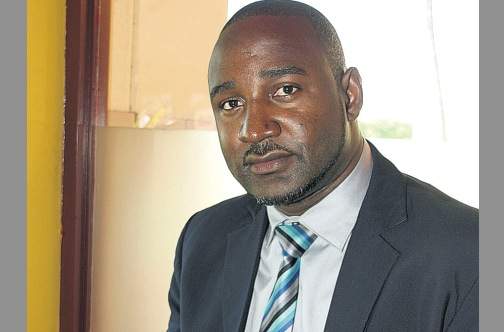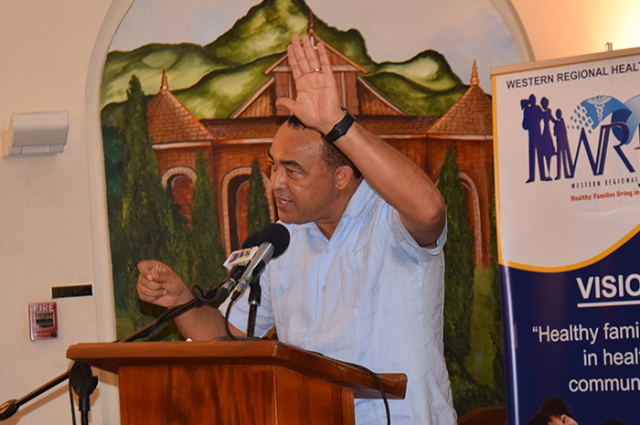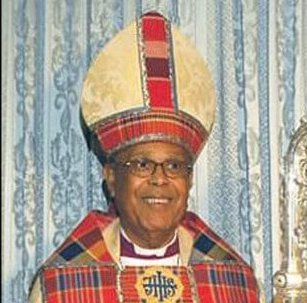Reggae Music Again
- by Nadine White -
With London clubs, specialised in playing reggae music, being shut down one-by-one and the increased difficulty for some reggae artists to obtain a visa to tour the UK, things have been a bit bleak.
 To add to the recent woes, the genre has suffered a huge dent in terms of its representation on mainstream radio platforms. As of 3rd October, executives at ‘Global’ made the announcement that they will change the name of former ‘urban’ radio station Choice FM to ‘Capital Xtra’. This station will now specialise in ‘Urban’ and ‘Dance’ music and in a very callous, almost unexpected meeting, reggae DJs Daddy Ernie and Natty B were sadly informed that they have had their final show. This news sent shockwaves through not only the black community, but lovers of reggae music.
To add to the recent woes, the genre has suffered a huge dent in terms of its representation on mainstream radio platforms. As of 3rd October, executives at ‘Global’ made the announcement that they will change the name of former ‘urban’ radio station Choice FM to ‘Capital Xtra’. This station will now specialise in ‘Urban’ and ‘Dance’ music and in a very callous, almost unexpected meeting, reggae DJs Daddy Ernie and Natty B were sadly informed that they have had their final show. This news sent shockwaves through not only the black community, but lovers of reggae music.
So is this the ‘final nail in the coffin’ for reggae music in the UK?
Candidly, things have been difficult but the music was built upon struggle and it is important to remember its foundation. Having risen to prominence around the 1970s in Jamaica, reggae largely consisted of the laments of political and socio-economic hardship.
As far as the UK goes, it’s worth pointing out that reggae wasn’t particularly embraced back in 1970s & 80s and yet we saw an entire Lover’s Rock movement!
Similarly, reggae music is intertwined with the Rastafarian movement which is forged upon principles of spirituality, resilience and faith. Capleton says “It’s a Raggy Road” but hope is not totally lost on the mainstream platforms whilst the likes of David Rodigan, Robbo Ranx and Seani B remain on BBC 1Xtra.
Some of the most classic reggae tracks were built off the back of social upheaval. Something about struggle inspires creativity; doesn’t what’s happening in the UK now make for some great lyrical content? Tune fi write, right about now!
As far as radio goes, maybe it’s time to go ‘home’ (to pirate radio), as it were? After all, this is a platform which first played reggae and has ever since.
The music is constantly being played by the people, on a mass scale; be it by the man playing ‘Turn Your Lights Down Low’ in the bedroom for his lady, the selector juggling at ‘Superstar Sundays’, the mother drawing for the Dennis Brown as she cooks Sunday dinner or the teenager practising her whinery skills in the mirror to a Kartel song.
As long as patrons support the music, it can never die!




